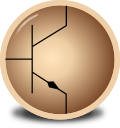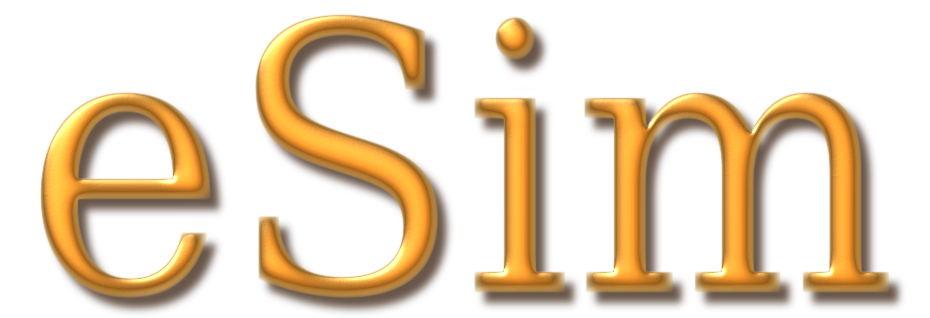Exp 7. Diode Bridge Rectifier
Concept : To demonstrate the working of a Bridge Rectifier and a RC Filter
Explanation:
A diode bridge rectifier is a specific arrangement of diodes that converts an alternating current (AC) input into a direct current (DC) output. It is widely used in power supply circuits to provide DC voltage from an AC source. The bridge rectifier utilizes four diodes arranged in a bridge configuration to efficiently rectify both halves of the AC waveform, resulting in full-wave rectification.
Basic Operation of a Bridge Rectifier
The bridge rectifier is designed to convert an AC voltage input to a DC voltage output by allowing current to flow through the load during both the positive and negative cycles of the AC input. This is achieved by using four diodes in a specific configuration.
Simulation Mode: Transient
Simulation Parameters: .tran 0.001 0.5 0 UIC
|
Simulation Type |
Start Time(sec) |
Stop Time(sec) |
Step Time(sec) |
|
.tran |
0 |
0.5 |
0.001 |
Reference Netlist:
* Diode Bridge Rectifier
.model mydiode D
.model mydiode D
.model mydiode D
.model mydiode D
D1 0 COM.1 mydiode
D2 COM.1 COM.2 mydiode
D3 0 COM.3 mydiode
D4 COM.3 COM.2 mydiode
R1 COM.2 0 1k
V1 COM.1 COM.3 SIN(0 240 50 0.0 0.0 0.0 )
.tran 0.001 0.5 0 UIC
.control
run
plot all
.endc
.end
Circuit Schematic:
Make the circuit diagram with the exact pin-to-pin connection as shown below to practice. This will help you to complete the experiment successfully.
Reference Circuit Details:
Input=COM.1 and Output=COM.2
Reference Output:
After the simulation is done, the following output graph appears at the screen showing the voltages and currents across all the nodes.
Conclusion:
The output signal achieved is a pulsating DC which needs to be passed through a filter and voltage regulator to get the required DC voltage free of ripples.
Assignment:
Implement a Full Wave Rectifier using a Center tapped Transformer.
< Exp 6. Positive Diode Clipper up Exp 8. Diode Bridge Rectifier with Filter >

